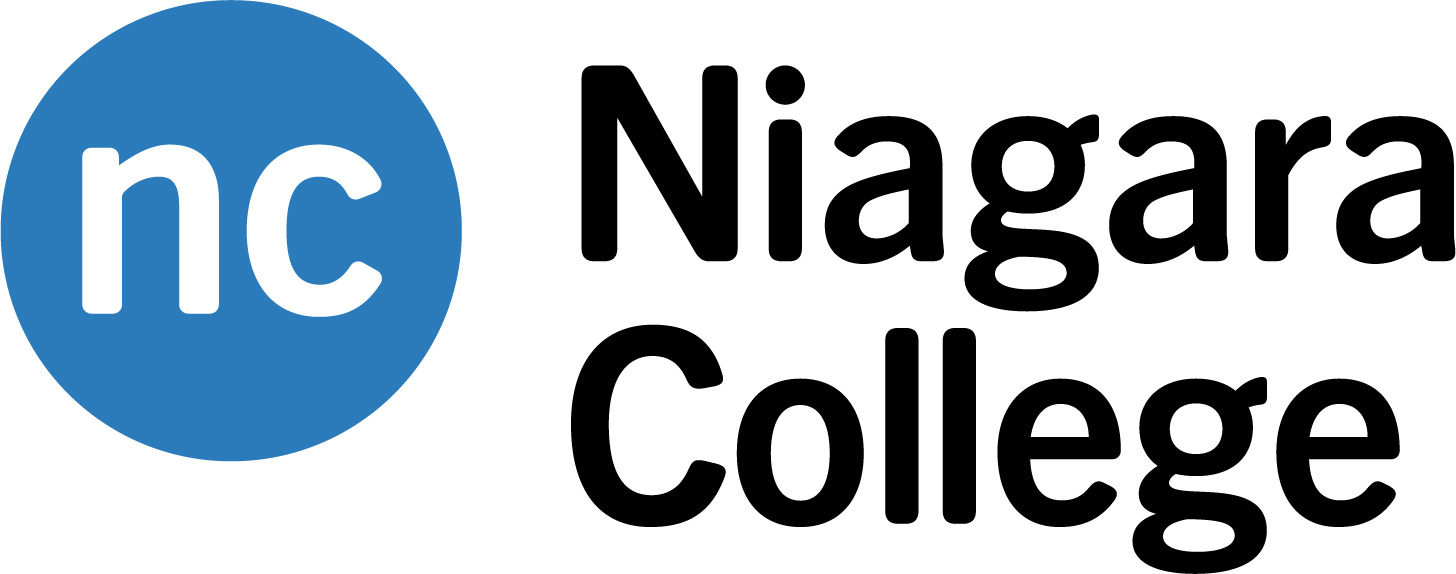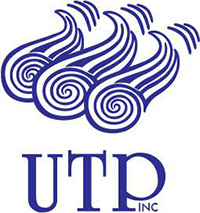Train-the-Trainer model gives leg up to providers of diabetes-related foot-care
Niagara College has been awarded federal government funding to help improve healthcare access for homeless and vulnerable individuals struggling with diabetic foot problems.
Called ‘An Interprofessional Train-the-Trainer Solution to the Diabetic Foot-Care Crisis Within Community Shelters,’ the grant of $209,576 (over two years) is from the Natural Sciences and Engineering Research Council (NSERC) College and Community Social Innovation Fund (CCSIF). It will allow NC and its academic and community partners to address and improve healthcare access for individuals needing essential diabetic foot care, as well as improve implementation by healthcare professionals at homeless shelters.
The CCSIF program, in collaboration with Canada’s Social Sciences and Humanities Research Council (SSHRC) and the Canadian Institutes of Health Research (CIHR), is designed to support college research projects in partnership with local community organizations to foster social innovation in areas such as education, integration of vulnerable populations, and community development.
Diabetes can cause serious changes to the body that often affect the feet and toes, and when left untreated, can result in a limb-threatening condition. According to Diabetes Action Canada, a lower-limb amputation occurs every four hours in Ontario. A significant number of these can be prevented with proper, daily foot care.
Niagara College, in collaboration with the Michener Institute of Education at the University Health Network and local community facilities and shelters, will use the Train-the-Trainer model to educate and provide awareness of diabetes and foot-care needs for at-risk individuals. The project will also enable capacity building among other health professions typically not responsible for foot care, yet essential for triaging and providing treatment.
The first grant of its kind for NC under this program, the funding will be administered by the College’s Research & Innovation division, while the project will be managed by the Centre for Health Wellness and Aging within NC’s Community and Health Studies division.
“While healthcare research is not new for the College’s Community and Health Studies division, this is an exciting and innovative collaboration between the Centre for Health Wellness and Aging, and our Research & Innovation division, which has been mainly focused in the areas of advanced manufacturing, agriculture and environmental technologies, and food and beverage,” said Marc Nantel, PhD, vice-president, Research, Innovation and Strategic Initiatives. “It’s a natural fit given the College’s integral role placed on offering applied research services to all industry and community partners, while involving students in these projects.”
Carolyn Triemstra, dean, Community and Health Studies, said the project is a tremendous opportunity for health students to engage in experiential learning while serving the community.
“The partners involved already support Niagara College health students in various capacities and this is an extension of the great partnerships we are fortunate to have,” said Triemstra. “Our students will gain tremendous knowledge and skills while working with clients in the community – skills that they will take with them into their careers.”
The vision for this project focuses on an enhanced awareness of diabetes and diabetic foot care. Specifically, this project will target pre-licensure interprofessional health students learning about diabetes and diabetic foot care, followed by piloting a new pre-screening model of care in community shelters.
Students from NC’s Personal Support Worker (PSW); Primary Care Paramedic (PCP); Advanced Care Paramedic (ACP); Occupational Therapist Assistant and Physiotherapist Assistant (OTA & PTA); and Practical Nursing (PN) programs will be hired for the initial phase of the project this September. In the following phases of the project, students will have the opportunity to dedicate their placement hours to providing screening and addressing foot-care needs for those who are vulnerable and affiliated with community partner shelters.
The Michener Institute offers a three-year postgraduate chiropody program focused on the assessment and management of foot and lower-limb conditions. The Michener Institute will collaborate to co-develop the educational model and resources required to educate and train NC students.
“The timing couldn’t be better to pave the way for a preventative model of healthcare,” said Catharine Gray, academic chair and discipline head, the Michener Institute. “Collectively, the students can make a difference across the health disciplines. Sharing expertise and building capacity will change the outcomes for the better to those who need it most.”
Other local community facilities and shelters involved with the design and delivery of the project include those affiliated with REACH (Niagara), not limited to The Hope Centre, Southridge Shelter, Booth Street Salvation Army Shelter, and the YWCA Niagara Region. Learning outcomes will be shared through these community partners and their vast network of shelters and health practitioners, as well as to all 24 community college health programs in the province.
This is a unique project that will be beneficial to all involved partners, noted Alexandra Jackson, project manager for NC’s Train-the-Trainer program. “The outcomes of this project could change how we seek to improve healthcare education while keeping our vulnerable population’s best interests at heart,” Jackson said. “I am excited to see where this goes, and I hope we can provide both a positive healthcare and educational model that thrives for years to come.”
The Michener Institute is a leading academic partner for the healthcare system in Ontario and the only institution in Canada devoted exclusively to applied health sciences education. Their growing community of clinical and academic partners is a strength that continues to support student learning, and this project will not only benefit Michener students, but NC students alike.
NC’s award-winning Research & Innovation division provides real-world solutions for business, key industry sectors, and the community through applied research and knowledge transfer activities. Researchers conduct projects that provide innovative solutions, such as producing and testing prototypes, evaluating new technologies, and developing new or improved products or processes for small- and medium-sized businesses and community partners. With funding support from various regional, provincial and federal agencies, students and graduates are hired to work alongside faculty researchers to assist industry and community partners leap forward in the marketplace.
Niagara College offers more than 150 diploma, bachelor degree and advanced level programs; as well as more than 600 credit, vocational and general interest Part-Time Studies courses. Areas of specialization include food and wine sciences, advanced technology, media, applied health and community safety, supported by unique learning enterprises in food, wine, beer, distilling, horticulture and esthetics. For more information visit niagaracollege.ca.
Photos attached: stock images from the Michener Institute.
 Back to myNiagaraOnline
Back to myNiagaraOnline






















